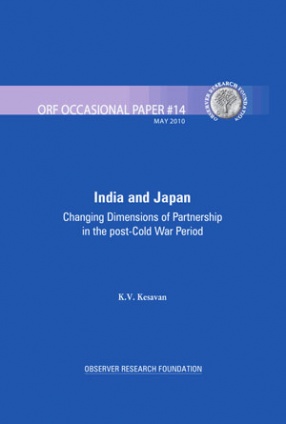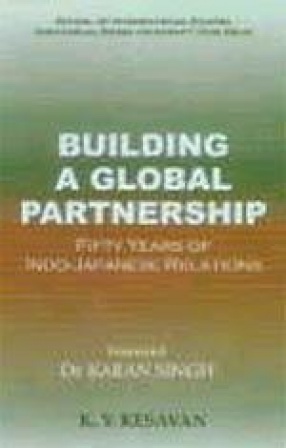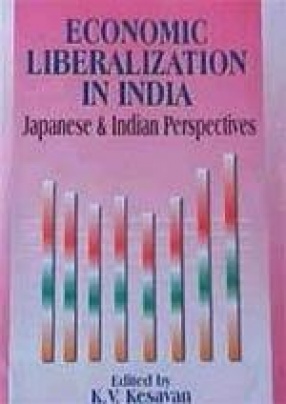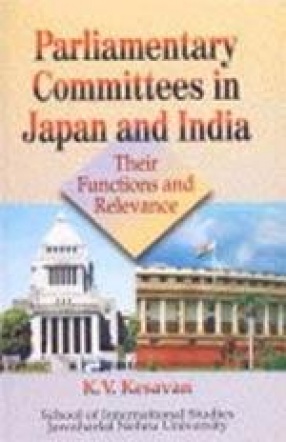
Showing all 4 books

A detailed study of Japan's role in the peace settlement of the Cambodian issue is important as it was one of the earliest political efforts made by Tokyo in a region which had been known for its antipathy to Japan due to the strong historical memories of the Second World War. Southeast Asia posed one of the most serious challenges to Japan's post-war diplomacy which had to wrestle not only with the bitter legacies of the war, but also with the rigours of ...

Both India and Japan are now commemorating the fiftieth year of their diplomatic relations which have witnessed different vicissitudes. During the cold war years, ideological constraints created barriers to their closer understanding. In addition, India’s strict adherence to inward-looking economic strategies aroused serious reservations in the minds of the Japanese about their long-term economic interests in India. Bilateral relations, ...

This book is the outcome of a joint Indo-Japanese seminar held in New Delhi under the auspices of the Indian Council of Social Science Research (ICSSR) in January, 1999. Contributors to this volume include distinguished scholars from Japan and India. They discuss and evaluate the ongoing economic liberalization programme in India in a comparative perspective. The compelling reasons for adopting the liberalization programme and its implementation have been ...

For a variety of reasons, Indo-Japanese relations have remained predominantly economic in nature since 1952 when the two countries resumed their normal interactions. A great deal has been written on their relations in trade, investment and economic assistance. But other dimensions of their ties have not received the attention they deserve. It is very essential to broaden our focus to explore new areas of mutual interest. Despite the fact that both Japan and India ...
